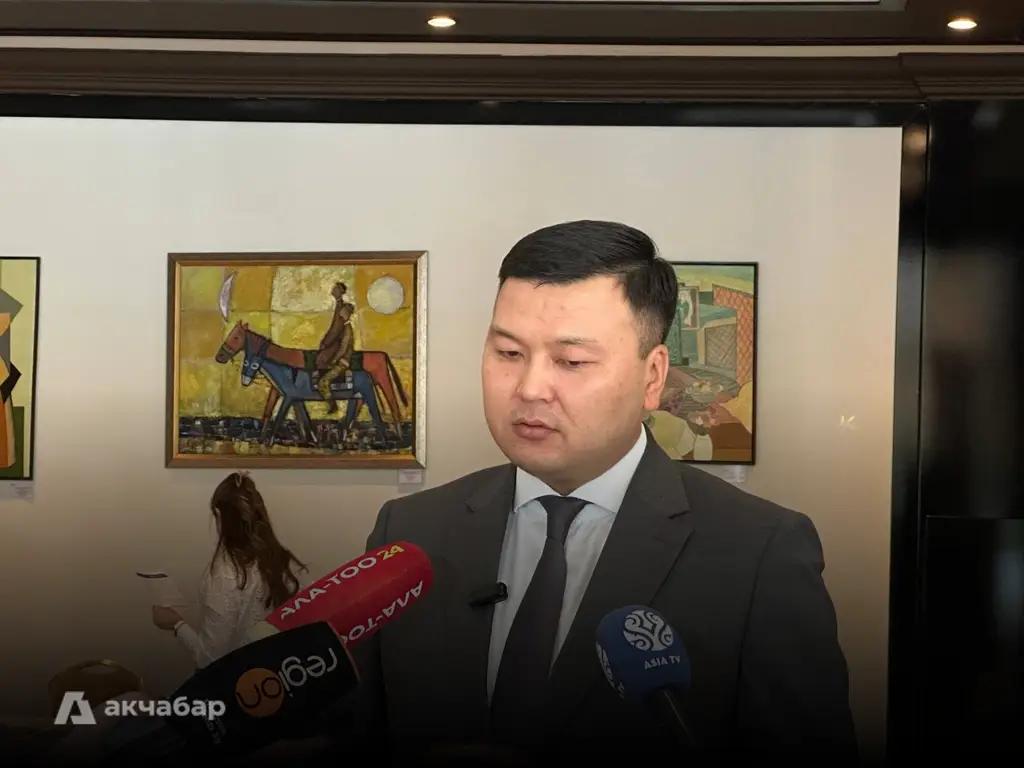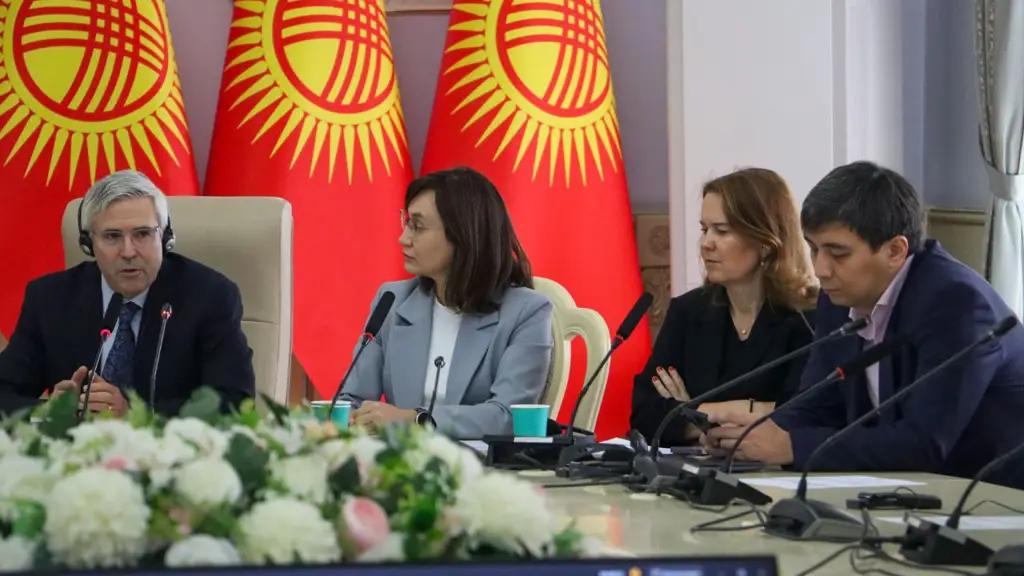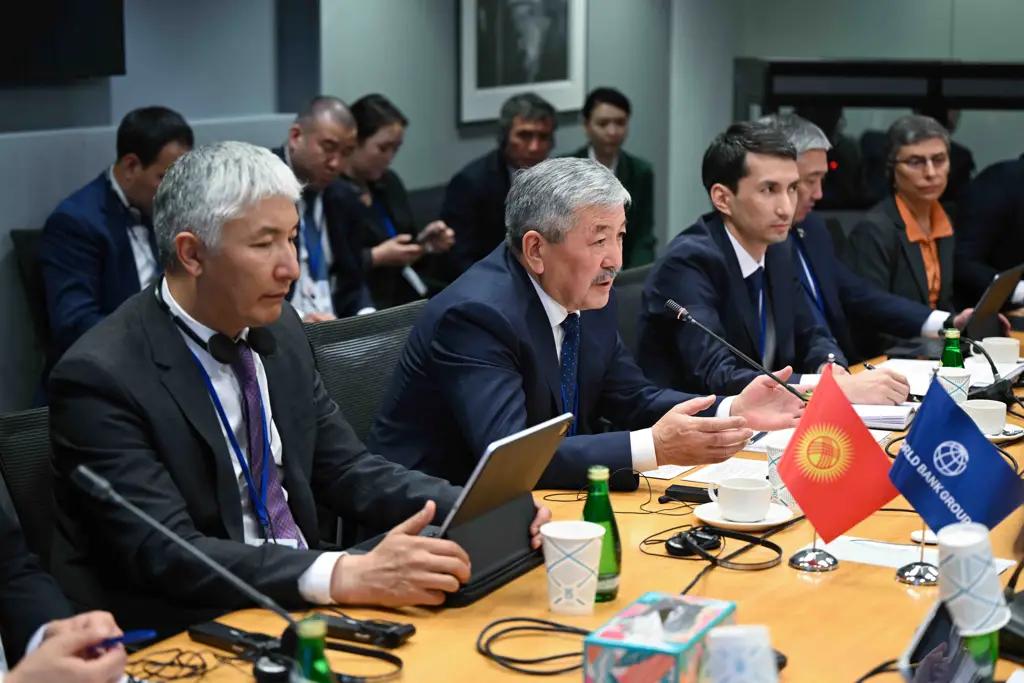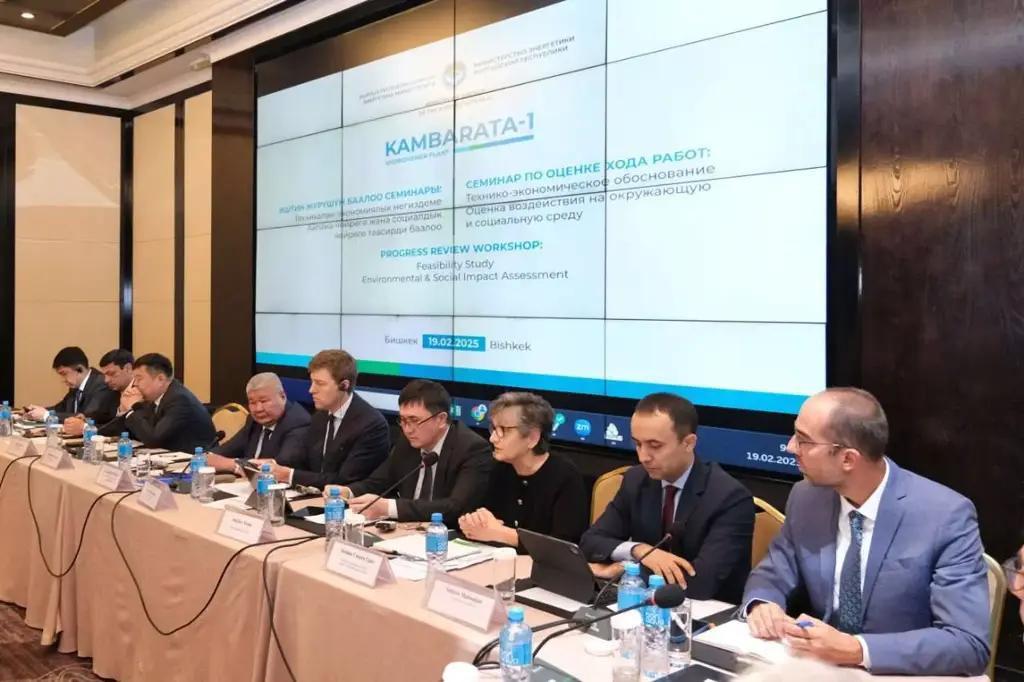
Published
06/05/2025, 11:25Ayaz Baetov, head of the National Institute for Strategic Studies (NIS), commented on the World Bank's presentation held today in Bishkek. According to him, the report provided a comprehensive analysis of Kyrgyzstan's economy in comparison with other countries. Despite good growth rates, international experts paid particular attention to the weak productivity of the private sector.
“We have a very good pace, but the World Bank rightly noted that the productivity of the private sector raises questions. Medium-sized companies are particularly affected, mainly due to bureaucratic pressure. Government agencies duplicate each other's functions, inspections are chaotic, and the licensing system is overly complicated,” Baetov said.
According to him, in the coming days, the Ministry of Economy will submit for public discussion a draft regulatory legal act tentatively titled ‘Zero Plus.’ The document proposes a radical reduction in licensing procedures for businesses.
The head of NISI also highlighted the World Bank's second key conclusion: the need to transfer knowledge, innovation, and technology.
“Unfortunately, science in our country has largely become a tool for obtaining degrees rather than developing technology. Serious measures are now being prepared as part of the debureaucratization process. Scientific institutions must start working with business, earning money, and implementing international solutions. It is not necessary to reinvent the wheel — we need to learn, adapt, and implement,” he stressed.
According to him, the Academy of Sciences will be transferred to the president's jurisdiction to ensure more effective management. State research institutes will begin to focus on applied and practical tasks.
“All obstacles must be removed so that every company can contribute to economic growth. Only then will we be able to unlock the potential of the private sector and make science a source of development, rather than a formality,” Ayaz Baitov concluded.



